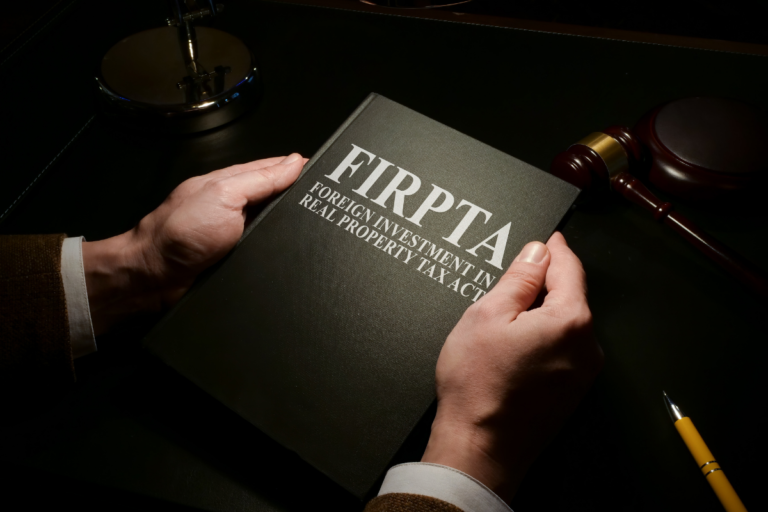
What Happens if a Foreigner Dies with Real Estate in the U.S. Under Florida Law?
If a foreigner who owns real estate in the United States passes away, and the owned property is subject to Florida

How Does the PPP Change in 2021?
What is PPP? PPP stands for “The Paycheck Protection Program”. It is a program that was created by the federal government

How do Streaming Services Pay Artists?
Streaming services have increased in popularity in recent years; with popular services like Spotify, Apple Music, Tidal and others. These services

What Happens When Your Joint Tenant Breaks Your Lease
A lease is a contract between a landlord and tenants. Joint tenancies are contracts in where all the tenants are party

How do 1031 or Like-Kind Exchanges Work in Florida?
A 1031 exchange, otherwise known as a like-kind exchange is done when a property that is held for productive use in

What is the Legal Effect of a Divorce in Probate?
It takes two to tango and two to get divorced. If a spouse dies, in Florida, prior to a divorce being

Does a Prenuptial Agreement Supersede a Will?
Maybe, the answer depends on the specific language in the prenuptial (prenup) agreement and the will. Typically, a prenup will predate

What are the Different Types of Royalties in Music?
There are many different ways you can generate revenue from your music. Specifically, there are four types of royalties (1) Mechanical

How can a Remainderman be Removed from Real Estate Title in Florida?
The changing of a remainderman in Florida can be complex and tricky business, however, here are a few tips that provides

Does Florida Law Allow for a Lawsuit for Hacking and Spying?
Yes, Florida Statute 815.06 allows for those who have been hacked or are being spied on due to the hacking of

